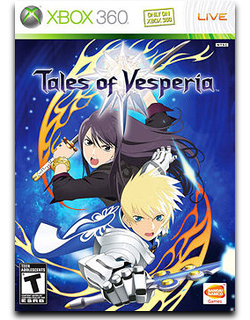Well, we hinted at it in the last few podcasts, and now it is live: TD Gaming Podcast is now looking for listener support through Kickstarter.
It’s very easy to donate: just visit our Kickstarter page and click that donate button. The goal is pretty modest, a mere $1500. If all our listeners each donated even just $5, we’d blow by that amount.
What will we do with the money? Make sure we can keep old episodes without having to delete them due to limited server space, and get pro mics for every podcaster. The more money, the longer we can go without worrying about server subscriptions.
We have a few fun reward tiers – our most hardcore fans will definitely want an MP3 of one of the crew or any of the crew recording a voice mail or answer machine outgoing message, or the entire podcast bantering for a few moments. There’s also the requisite T-shirt, which will have the awesome Gaming Podcast logo.
And if you’re in the NYC area, or plan to be, Jonah Falcon will have dinner at a nice restaurant with you. If you’re going to plop that much dough down, how could we refuse a free dinner?
Keep the TD Gaming Podcast alive – donate. We’re counting on you.


 Sony’s been talking about how they’ve overtaken the Xbox 360 here in the States, perhaps this is because Microsoft shifted their attention to pwning them in Japan? Xbox 360 sold 25,000 units to PlayStation 3‘s minor 9,673 units according to
Sony’s been talking about how they’ve overtaken the Xbox 360 here in the States, perhaps this is because Microsoft shifted their attention to pwning them in Japan? Xbox 360 sold 25,000 units to PlayStation 3‘s minor 9,673 units according to 
Hi there
Please can you follow me on Twitter so I can message you. Would be grateful for the opportunity to chat 🙂
Thanks
Dave